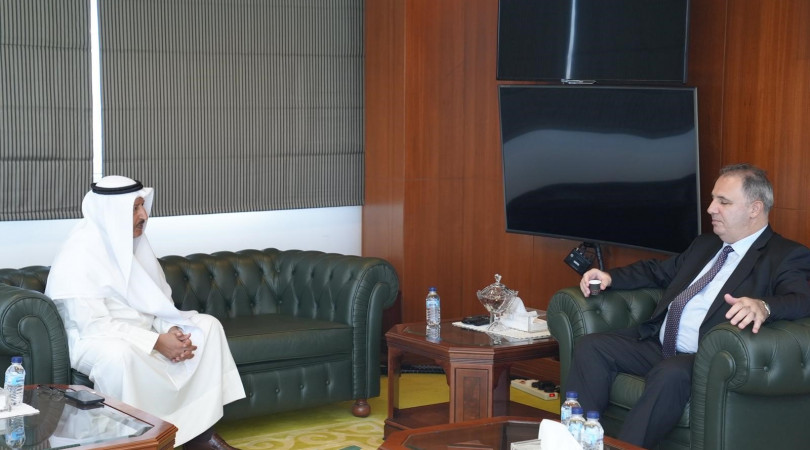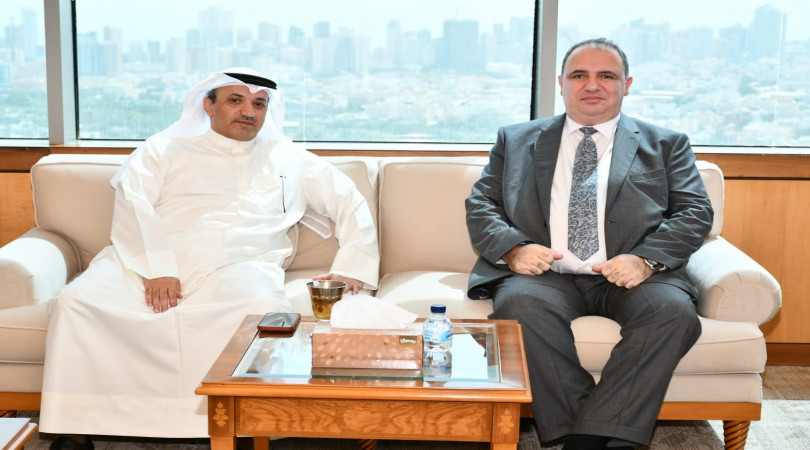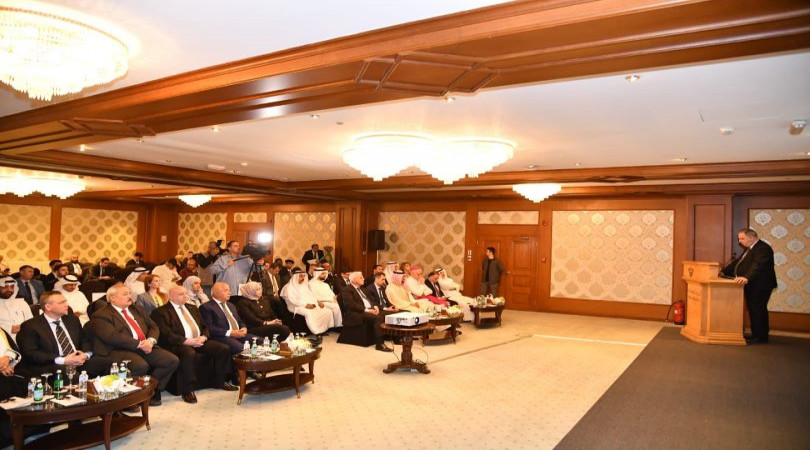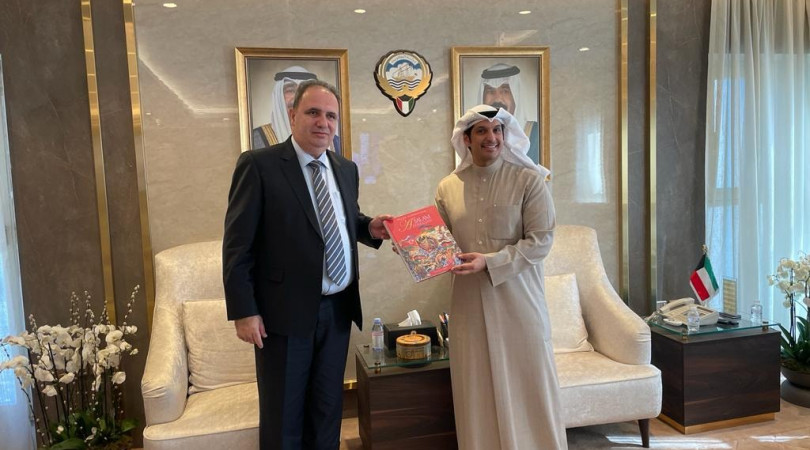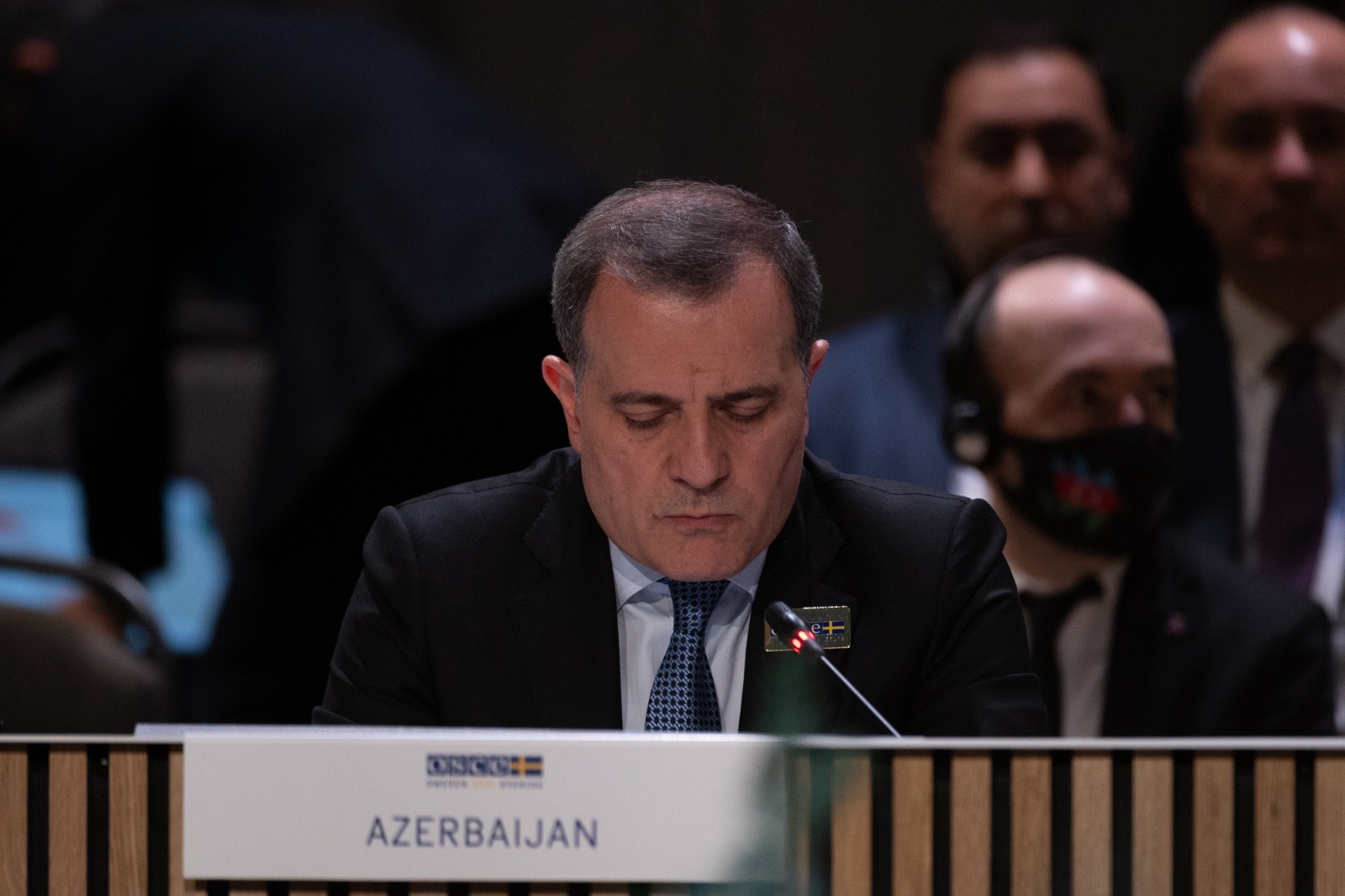Information on participation of Minister Jeyhun Bayramov in the 28th Ministerial Council of the OSCE
On December 2, 2021, the Minister of Foreign Affairs of the Republic of Azerbaijan Jeyhun Bayramov attended the 28th meeting of the OSCE Ministerial Council in Stockholm. Speaking at the meeting, the Minister informed about the current situation and future prospects in the light of the post-conflict realities in the region after the 44-day war that took place last year. The following main points were voiced in the speech:
The 28th meeting of the OSCE Foreign Ministers coincides with the first anniversary of the trilateral statement defining the agreed parameters for the establishment of durable peace between Armenia and Azerbaijan. This statement was complemented by a trilateral statement dated January 11, 2021, on the opening of transport communications in the region.
“Nagorno-Karabakh conflict”, which has lasted for almost 30 years, is over. After the end of the conflict, Azerbaijan has actively engaged in large-scale reconstruction work in the liberated territories. Traces of the occupation are being eliminated and the return to normal life is well underway.
The OSCE, with its experience and available tools in post-conflict rehabilitation, can contribute to this process.
The end of the conflict presents a unique opportunity for both Armenia and Azerbaijan to move forward on the basis of mutual recognition of and respect for each other’s sovereignty, territorial integrity, and inviolability of international borders. Azerbaijan repeatedly emphasized its readiness, in this regard, and took several unilateral steps in practice immediately after the end of the conflict. Armenia is yet to reciprocate.
Continued violations by Armenia of its commitments under the trilateral statements are source of serious concern. Armenia has yet to comply with the 10 November 2020 trilateral statement and fully withdraw its armed forces from the territories of Azerbaijan.
Delay in the restoration of all economic and transport links in the region must be ceased. It is a significant confidence-building and post-conflict normalization measure, along with its vast economic benefits for all concerned. Soonest operationalization of the Zangezur corridor will serve peace and cooperation, and create new unprecedented opportunities for the whole region.
Armenia has also failed to submit full and accurate maps of all mined areas. This slows down the process of post-conflict rehabilitation and reconstruction in the liberated territories and poses a serious barrier to the return of IDPs to their homes in safety and dignity. Since the signing of the trilateral statement of 10 November 2020, 180 citizens of Azerbaijan, including 71 civilians, among them journalists and other media workers, have been killed or seriously wounded due to explosions of mines. Additional pressure needs to be exerted on Armenia to provide accurate maps of all mined areas, in line with its obligations under customary international humanitarian law.
Armenia has also yet to implement its obligations with regard to identifying the whereabouts of close to 4000 Azerbaijanis missing since the armed hostilities in the early 1990s. This is important for healing the wounds of the former conflict.
With the liberation of territories of Azerbaijan from occupation, justice and order are restored, replacing the so-called “reality” that Armenia had created by force in violation of international law. As a result, peace between Armenia and Azerbaijan is within reach for the first time after nearly three decades.
In this regard, the meeting of the leaders of Azerbaijan, Russia, and Armenia in Sochi on November 26 proved to be a significant step forward. The three leaders held detailed and substantive discussions on the implementation of previously agreed parameters and also identified further steps related to post-conflict normalization. The establishment by the end of this year of a bilateral Armenia-Azerbaijan commission, with the consultative role of the Russian Federation, for border delimitation and demarcation is of particular importance. Azerbaijan expects that these agreements will be realized in practice without delay and contribute to our goal of transforming the South Caucasus into a more stable and predictable space.
At the current critical juncture, joint efforts by the entire international community are needed to help consolidate security and stability. The international community must not allow reinvigorating of false expectations and focus all its efforts towards contributing to the full implementation of the trilateral statements and practical engagement with Armenia and Azerbaijan for building confidence and stability in the region.
In view of changed realities, Azerbaijan calls upon partner countries to assess and take advantage of new promising opportunities in the region for development and cooperation.

